Trump administration to honour women student leaders of Bangladesh protests
- In Reports
- 05:01 PM, Mar 31, 2025
- Myind Staff
A group of Bangladeshi women student leaders, who played an important role in last year’s protests against the Sheikh Hasina government, will receive the International Women of Courage (IWOC) Award. This annual award, given by the US State Department, honours their bravery and leadership.
"A valiant group of women were key drivers in the student protest movement against violent repression in Bangladesh in July-August 2024. They demonstrated extraordinary bravery, including standing between security forces and male protesters in spite of threats and violence," the department said in a statement on Friday. "When male counterparts were arrested, these women found innovative ways to continue communication and lead the protests, defying censorship efforts, even during the complete shutdown of the internet. The bravery and selflessness of these women amid uncertainty was the very definition of courage," it added. The US State Department has not revealed the names of the people who will receive the award.
The IWOC Award, now in its 19th year, celebrates remarkable women worldwide who show outstanding courage, strength, and leadership, often facing great personal risks. Since it began in 2007, more than 200 women from over 90 countries have been honoured. The 'Madeleine Albright Honorary Group Award', named in honour of the first female US Secretary of State, will be given to these women at the award ceremony, which will be hosted by US Secretary of State Marco Rubio and First Lady Melania Trump at the Department of State on Tuesday.
In 2024, Bangladesh experienced a historic political change after weeks of student-led protests led to the resignation and exile of longtime Prime Minister Sheikh Hasina. The protests, which started in early July, were driven by university students opposing a quota system that allocated 56% of government jobs to specific groups, including 30% for the descendants of those who fought in the 1971 War of Independence.
As the protests became more intense, violent clashes erupted across the country, leading to over 300 deaths. In response, Sheikh Hasina took strict measures, including occasional internet shutdowns and a nationwide curfew. She labelled the protesters as "terrorists" trying to destabilise the nation. The situation escalated further when demonstrators stormed her official residence in Dhaka, forcing her to flee to India on August 5. After she stepped down, an interim government was formed on August 8, led by Nobel Laureate Muhammad Yunus. However, tensions remained high, and violence continued in some areas.
On November 6, India strongly condemned attacks on the Hindu community in Chittagong, warning that such incidents could worsen communal tensions. In November, the Biden administration firmly opposed government crackdowns on peaceful protests. By December, American lawmakers were urging sanctions against Bangladesh over human rights violations, especially concerning minority groups. However, after Donald Trump took office in 2025, US policy shifted. Reports suggested that while Washington considered selling military equipment worth millions of dollars to Bangladesh, it also froze financial aid to the country.
The political scene in Bangladesh is changing, with many people demanding elections. In February 2025, student leaders who played a key role in removing Hasina announced a new political party called Ganatantrik Chhatra Sangsad (Democratic Student Council). This group includes important members from the Students Against Discrimination (SAD) movement and plans to take part in future elections. However, there are divisions within the student movement. Some SAD leaders, especially those involved in the interim government, are planning to start a separate party. This highlights the challenges and complexities of Bangladesh’s political situation after Hasina.



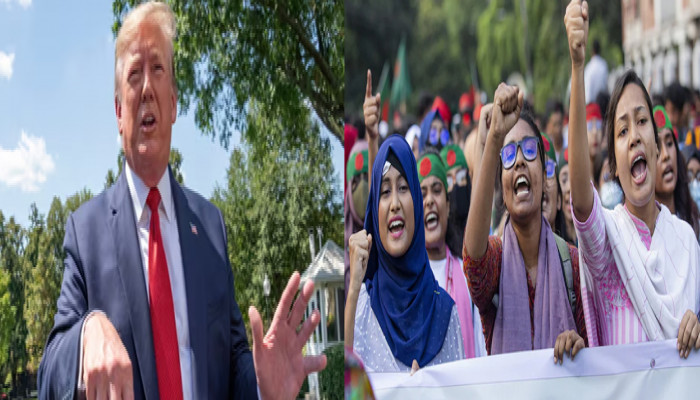





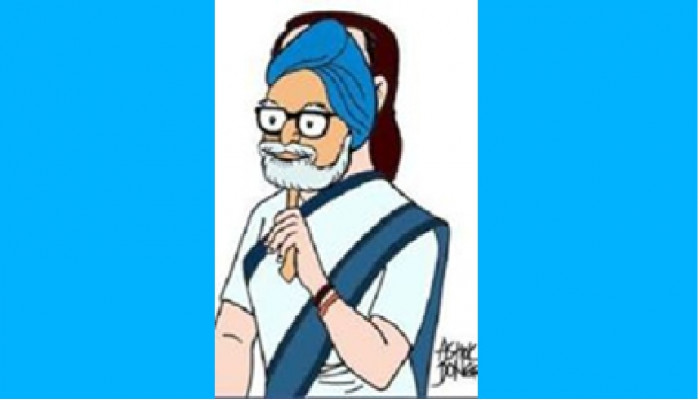
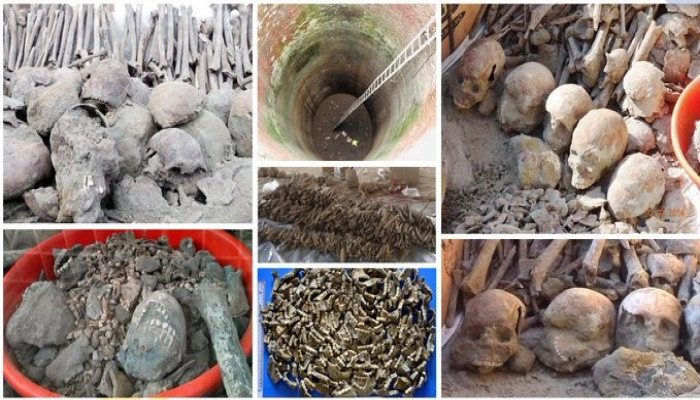
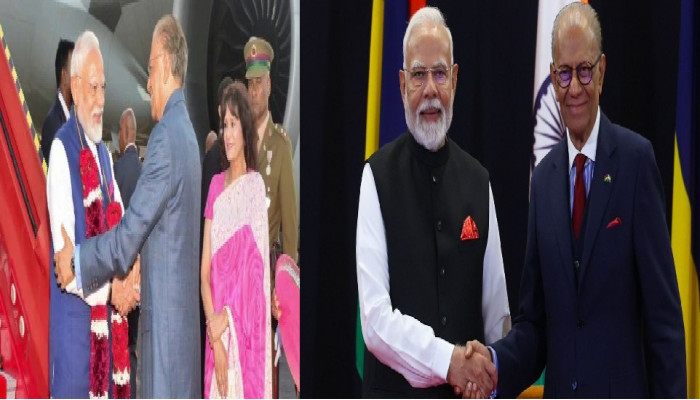
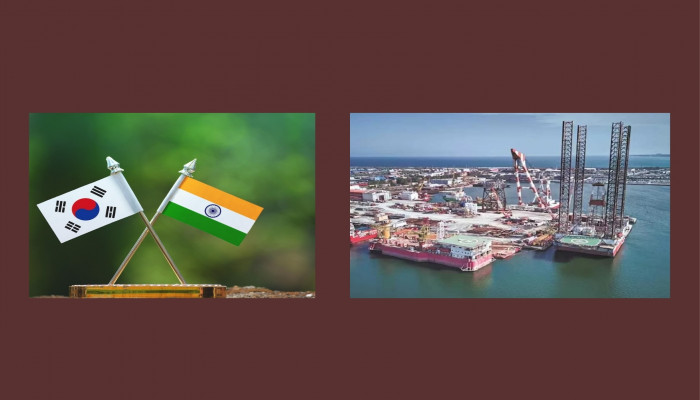





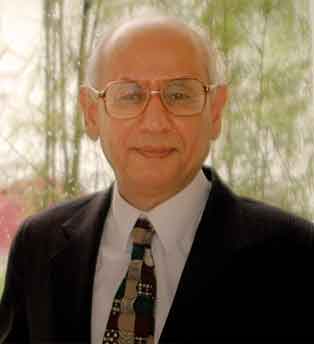




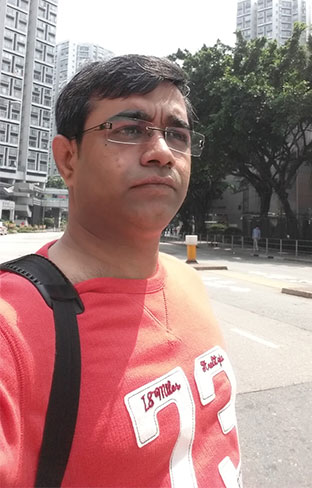



Comments